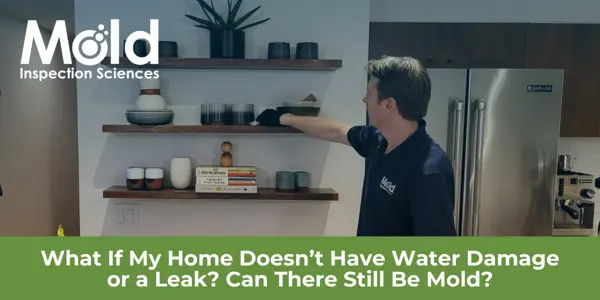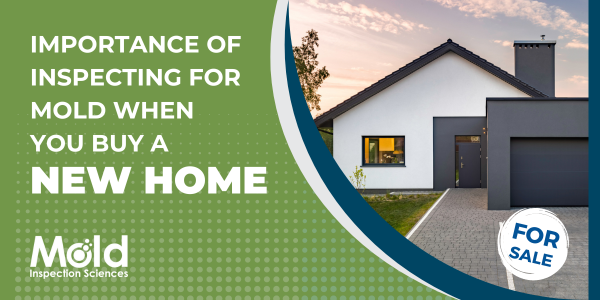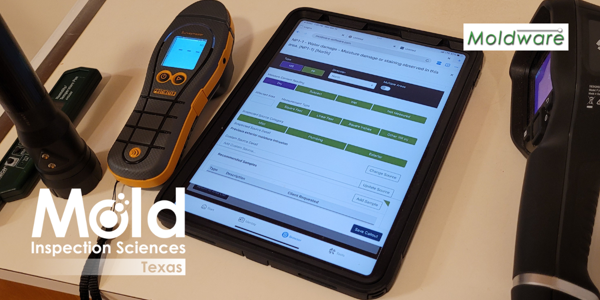Dealing with Mold Problems - Advice for Renters
Our company receives calls every day from people who are concerned about mold in their residence. Many of these people are renters. When you are renting property that you believe may have a mold problem, you are faced with a unique set of issues. For most folks, their primary concern is for their health and the health of their family. No one wants to live in a home or apartment that has a mold problem that is impacting the air that they breathe. In order to understand the source of the problem, the impact on the air, and the proper steps for remediation requires a professional inspection and testing. But, who should pay for these services? As the occupant of the property, the renter wants to hire a reputable, professional company so that their concerns and needs are addressed. However, the renter does not own the property and it is not their responsibility to pay for structural defects or other water related problems outside their control. So, the renter is also reluctant to pay for a mold inspection for property they don't own. Landlords differ drastically in how they respond to their tenant's concerns about mold. Many are truly concerned about their tenants health and the condition of their property and will hire the best professionals to investigate the property. Other landlords are scared and confused and don't know how to react. Still others don't really care and will do anything they can to avoid spending money. Further, many landlords don't believe that mold is a real problem and they don't take it seriously. Their goal is to spend as little money as possible to "fix" the problem and they don't follow industry standards and that puts their tenants at risk.
After many years of experience in working with both tenants and landlords, I have the following advice for renters:
- If you believe you have a mold problem, begin by discussing the concern with your landlord. How they react will dictate your next step. If they are concerned and want to do the right thing, let them. Just keep a couple of things in mind:
- 1. Make sure the company the landlord hires is licensed or licensed and has a good reputation with organizations like the Better Business Bureau and
- 2. Inform the landlord that you would like copies of all reports issued.
- If your landlord is anything but cooperative and professional, you need to hire your own company. This will ensure that:
- 1. You hire the right company
- 2. You will have access to the reports and information.
- Assuming it is determined that you do have a mold problem, it is appropriate to present the report to your landlord and do the following
- 1. Ask for reimbursement for your costs
- 2. Request that they have the problem addressed by a professional remediation company as outlined in the report provided by the company that inspected the property.
- Once the remediation work is performed, you will want the original inspection company to return to inspect the work of the remediation company and perform post air sampling. On the flip side though, if it turns out that you do not have a mold problem, it is appropriate that the renter does not request reimbursement from the landlord.
Our company does work for both landlords and tenants. We are fair to both parties and report the facts and condition of the property as they are. However, we do only work for one party and the party that engages our services, signs our service agreement, and pays our invoice is our client. Dealing with mold problems, especially as a renter, can be confusing and frustrating. You want to be fair to your landlord while ensuring the health of the occupants of the home. Each step you take should be carefully measured.
My recommendation is to start by calling a reputable company and discussing your options and the best plan of action. Our company operates in Texas, Colorado, California, Ohio, Oregon, and Washington. If you live in one of those states, please contact us. We can help. A complete list of our locations.
If you suspect that there may be mold present in your home — or you have questions about what to look for and what comes next. We’re here to help.

Call us on 1.888.335.6653 or send us email at [email protected]
You can also find more information about our CIRS Protocol and qPCR testing here.




